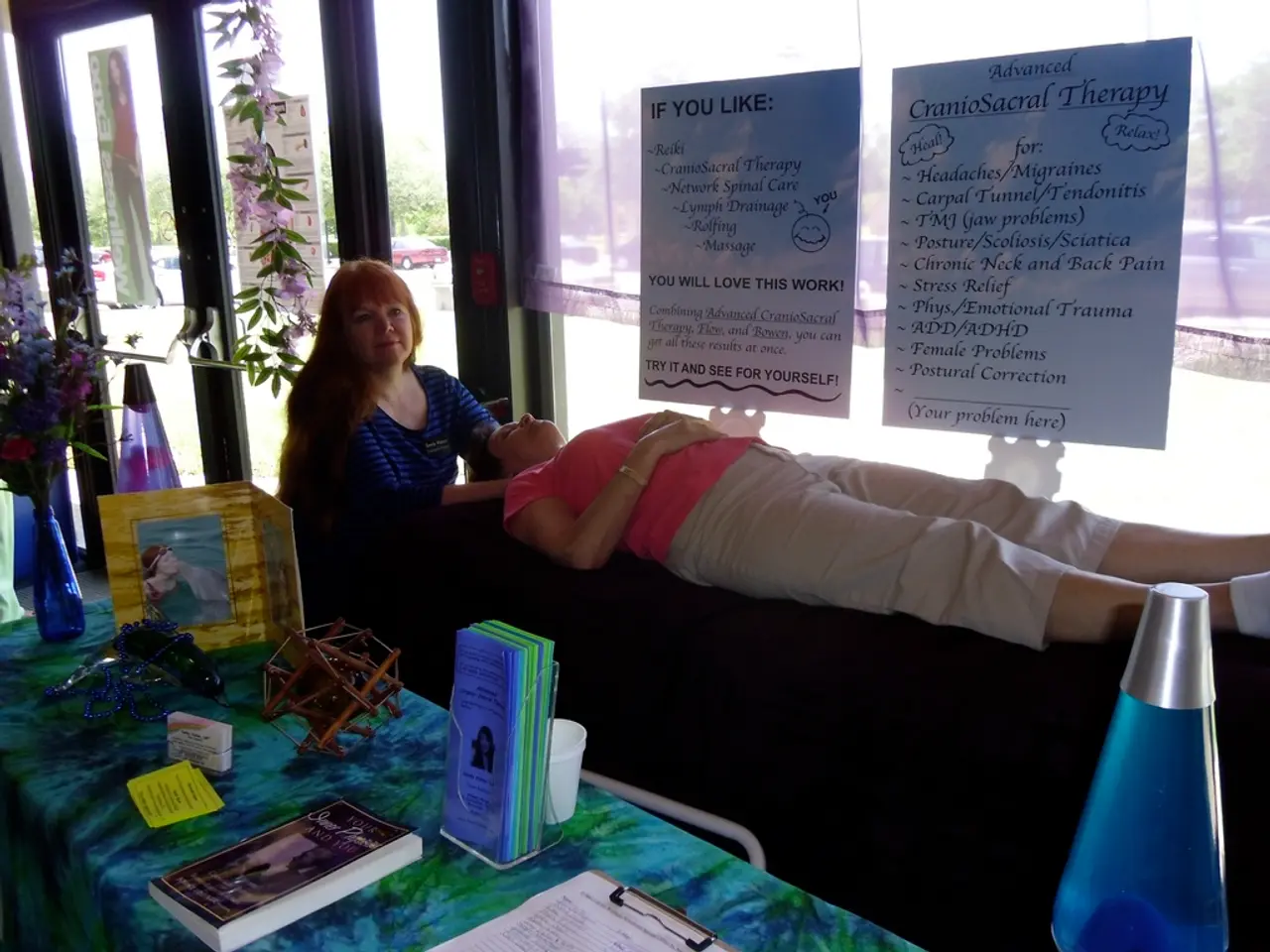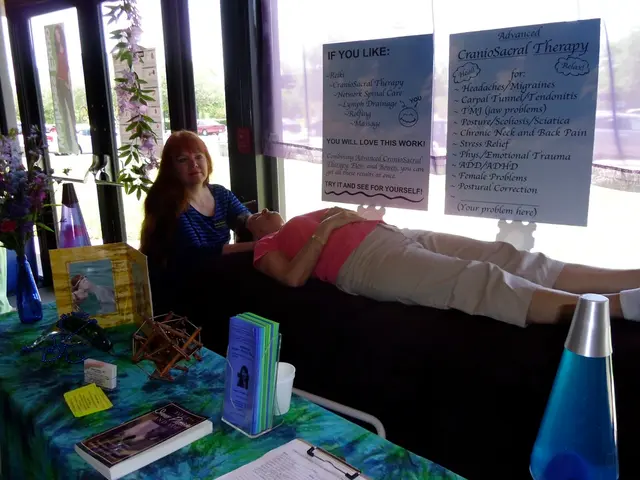Experiencing fatigue or anxiety? Consider practicing Mindfulness for potential relief.
In today's fast-paced world, anxiety has become a common experience for many. This article explores the causes, symptoms, and treatments of anxiety, as well as the transformative power of mindfulness in managing this condition.
Anxiety can stem from various factors, such as genetics, environmental stress, traumatic experiences, or underlying medical conditions. Risk factors, too, can vary greatly, ranging from abuse, illness, trauma, and persistent low self-esteem. In some cases, anxiety develops gradually through accumulated pressures, challenging relationships, or unresolved issues that strain emotional wellbeing significantly.
Common symptoms of anxiety include restlessness, disrupted sleep, nervousness, intrusive thoughts, and recurrent panic attacks. During the pandemic, many people have experienced anxiety due to fears of illness, isolation, or potential job loss.
However, there is hope. Effective treatments for anxiety include therapy, mindfulness practices, and sometimes medication to support recovery. Mindfulness, a meditation practice that helps individuals focus awareness on their surroundings and senses, relaxes the body and mind, and reduces stress effectively, plays a crucial role in this process.
Embracing mindfulness empowers individuals to live purposefully and maintain long-lasting peace within their daily experiences. It nurtures long-term health and enhances self-awareness, allowing people to approach painful memories with compassion and acceptance. Mindfulness supports the body, fostering resilience and calmness throughout daily routines and personal challenges.
Practising mindfulness daily strengthens focus, resilience, and overall emotional wellbeing. Basic techniques that can be done at home include breathing exercises, drinking water, focusing on one thing at a time, sensory soothing, and turning off distractions while listening to music.
Mindfulness techniques applied in therapy help individuals process challenging experiences constructively. They support healthier lifestyles by promoting peace, balance, and emotional growth, and improve overall emotional and physical wellbeing.
Rachel Osmond, a family therapist based in Salt Lake City, works with individuals, couples, families, children, and adolescents, helping them navigate the complexities of anxiety and find peace through mindfulness practices.
Recognizing anxiety symptoms early allows individuals to seek help, develop coping strategies, and maintain healthier emotional balance overall. Severe anxiety can develop into a recognized disorder, significantly disrupting daily routines and emotional wellbeing.
For more information on anxiety disorders, you can refer to the article on WebMD at https://www.webmd.com/anxiety-panic/guide/anxiety-disorders. If you're interested in learning more about mindfulness meditation for anxiety, the Anxiety and Depression Association of America provides a comprehensive resource at https://adaa.org/learn-from-us/from-the-experts/blog-posts/consumer/mindfulness-meditation-anxiety.
In conclusion, mindfulness offers a powerful tool for managing anxiety. By focusing on the present moment with clarity and balance, it strengthens focus, resilience, and overall emotional wellbeing, ultimately supporting healthier relationships and improved productivity.
Read also:
- Experiencing Life's Variety Firsthand: Gaining Insights from Life's Broad Spectrum of Experiences
- Impact of Complex Post-Traumatic Stress Disorder on Romantic Relationships: Symptoms, Causes, and Precautions
- Strategies for Keeping Work Reasonable and Rewarding for those with Autism and ADHD
- Impaired Driving Awareness Campaign Announced by MADD Under the Name "End Herre"







